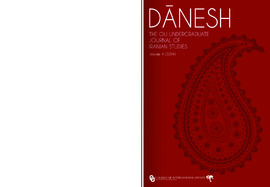| dc.description.abstract | In his article on legitimacy and the Iran hostage crisis, R. K. Ramazani makes the claim that the hostility at play in foreign relations between Iran and the U.S. comes as a result of the Iran hostage crisis and the events that unfolded between 1979-1981. In 1978 Ayatollah Khomeini, an exiled Iranian Muslim leader, blamed President Carter for the “murderous regime” of Iran's leader, Mohammad Reza Shah. He argued that, in spite of claiming to support freedom, America evidently supported repression. Khomeini also spoke of the Shah as being a puppet of the U.S., which both demonized the U.S. and weakened the Shah at a time when his power was quickly dwindling in Iran. Iranians lived through the oppressive regime of the Shah for years, and the revolution came as people grew tired of the Shah and were eager to see a change in the leadership of Iran. Soon enough, protests began erupting throughout Iran in opposition to the Shah, and the revolution was underway. Khomeini and his followers vied for “freedom from American domination,” which Khomeini believed would occur as a result of the revolution. On January 16, 1979, after months of protests and with no end in sight, the Shah fled Iran, and shortly after on February 1, Ayatollah Khomeini returned from exile to lead the Islamic Revolution and create an Islamic state in Iran. | |
